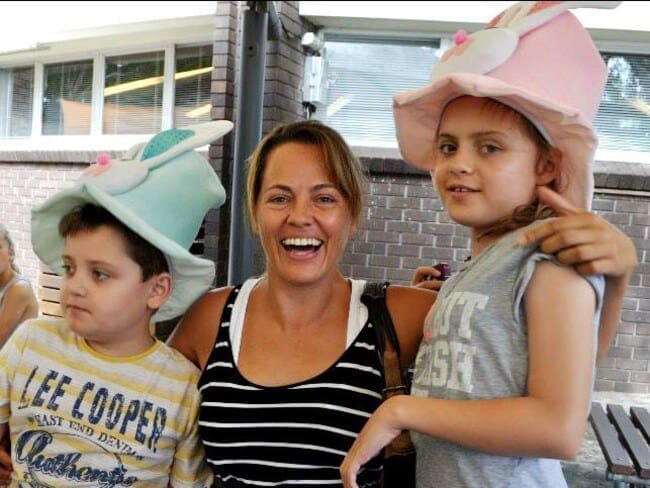
In light of the recent apparent murder-suicide of a Sydney family in the Northern Beaches, interest has arisen in regards to who is responsible for these crimes. In a murder-suicide case, as the accused has committed suicide, a predicament arises concerning whether or not the Crown has a case against the accused and whether the accused is legally responsible for the murder of the other deceased.
In NSW, it is no longer a crime for a person to commit, or attempt to commit, suicide, in accordance with s 31A Crimes Act 1900 (NSW). It is interesting to note however, that it is still an offence to counsel, incite, aid or abet another to commit, or attempt to commit suicide. While a tragic occurrence, this means that an act of suicide no longer results in charges or convictions of murder or manslaughter.
Legally, homicide is a crime that can be charged, in accordance with Division 1, Part 3 of Crimes Act 1900 (NSW), either under murder or manslaughter. A conviction of murder requires both the act which caused death and, intent or recklessness indifference to human life, while the less severe conviction of manslaughter only requires the physical element of act causing death. As homicide falls under the criminal jurisdiction, all cases are brought forward by the State or the Crown. This means that criminal convictions are only possible if an accused person is alive. If an accused is deceased, there is no longer a defendant to prosecute and any pending charges are dismissed. In a murder-suicide case, this means that no one is legally responsible for the murders of the deceased.
It is interesting to consider the outcome of the charges if the attempt of suicide is unsuccessful. In suicide pact cases, survivors are not guilty of murder or manslaughter but may be guilty of aiding or abetting the suicide under s 31B and s 31C of the Act. In murder-suicide cases however, a survivor can be charged with murder as there is no common agreement to take part in causing death to the group as there is in a suicide pact, which removes the liability of murder or manslaughter from survivors.
Several defences include the defence of mental illness and the defence of substantial impairment by abnormality of mind (SIAM).
Despite the unfortunate circumstances the survivor of a murder-suicide faces, it is possible that they can be convicted of murder or manslaughter, and thus are legally responsible for the death of the deceased. Where no survivor exists, no one is legally responsible and the case is thus, dismissed.
If you or someone you love are struggling with issues related to mental health, contact the Lifeline to speak to someone one-on-one, 24/7 on 13 11 14.
If you have any questions about the Crimes Act NSW or wish to speak to a solicitor, please do not hesitate to contact us on 02 8917 8700.
